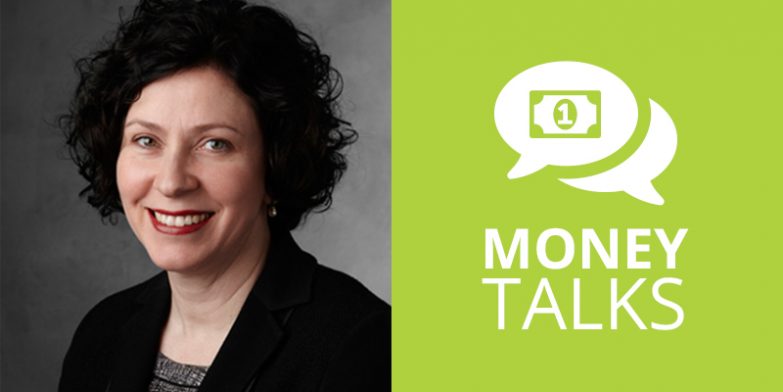What were your first experiences with money?
I worked in our family business, a John Deere dealership, starting at age 7 on Saturdays and during the summers. I cleaned the bathrooms, swept the shop floor, mowed around equipment, took inventory, and helped the bookkeeper. I enjoyed this work and found satisfaction in accomplishing tasks and learning. I was paid minimum wage, and I was so proud to receive a paycheck, even though it wasn’t much money. I saved almost everything I made for college.
What were the key messages around money that your family instilled in you?
My parents grew up during the Depression and World War II era, so we were not wasteful. I came to see working and saving, rather than spending, as sources of satisfaction and fulfillment. We didn’t discuss money much, but I definitely understood that it was important to establish myself in a career where I could make a good living and that I should focus my studies on areas that would be valued in the marketplace.
What is your current relationship with money like?
I spent 17 years in large law firms, billing my time in 6-minute increments, so I am very conscious of the relationship between time and money. I try to spend my time on matters I want to prioritize and outsource the rest to the extent I can. My husband’s parents also grew up during the Depression and World War II era, and that common background makes it easy for us to reach agreement on financial matters. Financial security is definitely a high priority for us, but we don’t skimp when it comes to providing educational opportunities for our three kids.

